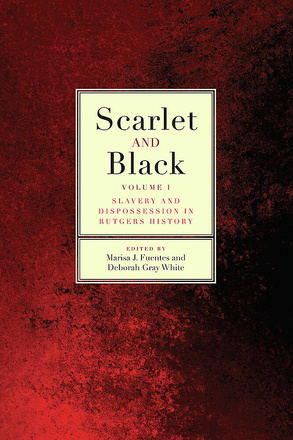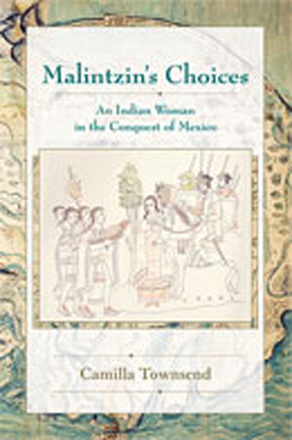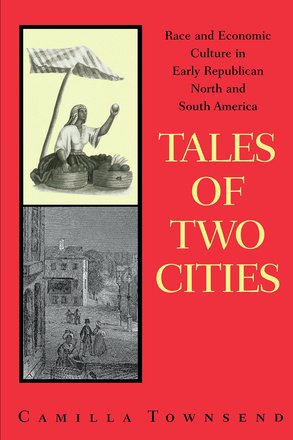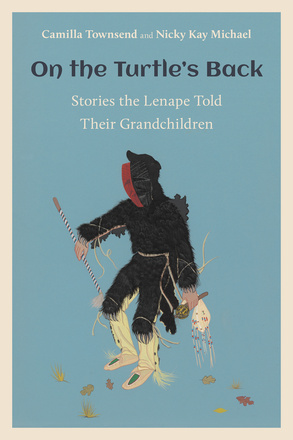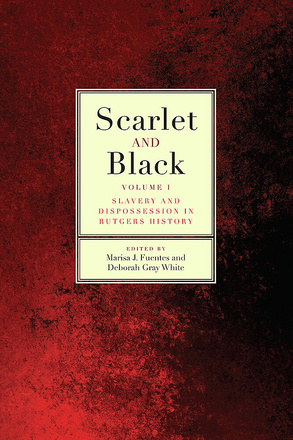Camilla Townsend
Camilla Townsend is associate professor of history at Rutgers University, in New Brunswick, New Jersey. She is the author of Pocahontas and the Powhatan Dilemma and Tales of Two Cities.
Showing 1-5 of 5 items.
Scarlet and Black
Slavery and Dispossession in Rutgers History
Edited by Marisa J. Fuentes and Deborah Gray White
Rutgers University Press
Scarlet and Black documents the history of Rutgers’s connection to slavery, which was neither casual nor accidental—nor unusual. Like most early American colleges, Rutgers depended on slaves to build its campuses and serve its students and faculty. The contributors offer this history as a usable one—to strengthen Rutgers and help direct its course for the future.
The work of the Committee on Enslaved and Disenfranchised Population in Rutgers History.
The work of the Committee on Enslaved and Disenfranchised Population in Rutgers History.
- Copyright year: 2016
Malintzin's Choices
An Indian Woman in the Conquest of Mexico
University of New Mexico Press
The complicated life of the real woman who came to be known as La Malinche.
- Copyright year: 2006
Tales of Two Cities
Race and Economic Culture in Early Republican North and South America
University of Texas Press
A study of workers' lives in two similar port cities in the 1820s and 1830s, showing how differing attitudes towards race and class in North and South America affected local ways of doing business.
- Copyright year: 2000
On the Turtle's Back
Stories the Lenape Told Their Grandchildren
Rutgers University Press
On the Turtle’s Back is the first collection of folklore from the Lenape people, New Jersey’s native inhabitants. Originally compiled by anthropologist M. R. Harrington over a century ago, but never published until now, it shares the tribe’s cherished tales about the world’s creation, epic heroes, and ordinary human foibles.
- Copyright year: 2023
Scarlet and Black
Slavery and Dispossession in Rutgers History
Edited by Marisa J. Fuentes and Deborah Gray White
Rutgers University Press
Scarlet and Black documents the history of Rutgers’s connection to slavery, which was neither casual nor accidental—nor unusual. Like most early American colleges, Rutgers depended on slaves to build its campuses and serve its students and faculty. The contributors offer this history as a usable one—to strengthen Rutgers and help direct its course for the future.
The work of the Committee on Enslaved and Disenfranchised Population in Rutgers History.
The work of the Committee on Enslaved and Disenfranchised Population in Rutgers History.
- Copyright year: 2016
Stay Informed
Subscribe nowRecent News

